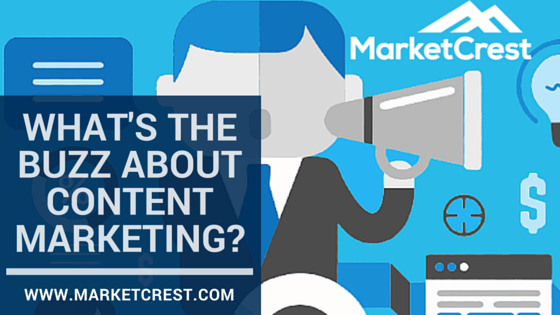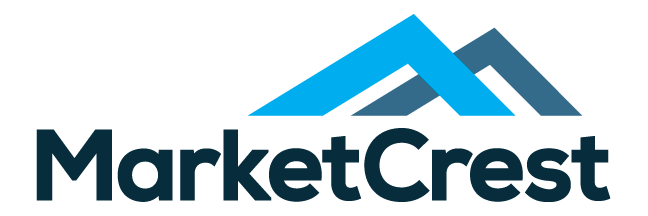
Content marketing is a hot buzzword these days – and perhaps it should be. It has become one of the most effective ways for brands to connect and build credibility with prospects and customers. There’s no debating the fact that content is becoming an essential online marketing strategies… and there’s no end in sight to that trend.
Research is clear that:
Nine in 10 organizations report that they are currently marketing with content
Source: Content Marketing Institute
B2B customers today progress more than 70% of the way through the decision-making process before ever engaging a sales representative. If you’re so focused on what happens in the latter 30% (pricing, discounts, and sales tactics), then you’ll miss the first 70% and wonder why your pipeline isn’t filling up any faster.
Source: Forbes
So 90% of organizations surveyed, are marketing with content and the vast majority of customers making purchasing decisions are using that content to make informed buying decisions! These statistics should be are a bit of a wake up call for business owners who don’t have Content Marketing at the top of their Online Marketing and Sales priorities.
What is Content Marketing and it’s purpose?
So, What Exactly Is Content Marketing?
The Content Marketing Institute defines it as “a strategic marketing approach focused on creating and distributing valuable, relevant, and consistent content to attract and retain a clearly-defined audience…and ultimately, to drive profitable customers.
In other words… communicating with potential customers to have an influence on their buying behavior. Sounds easy, but proper execution can be harder than companies think… and it does take time.
The concept behind content marketing is fairly simple — consistently create helpful, interesting and relevant content and make it available to your target audience. Digital content can come in the form of:
- webpages
- articles
- ebooks,
- check lists
- case studies
- infographics
- podcasts
- webinars
- slideshows
- videos
- images
On a similar note, offline content tends to come in the form of printed books, brochures, samples, sell sheets, proposals, presentations, papers, manuals or “how-to” guides. With digital content being less expensive to create and easier to distribute and update, the use of offline content is still important… but less so than ever before.
Currently, when it comes to sharing content, in most cases online marketers share it for free. Other times they “gate” content, which is to share it in exchange for something of non-monetary value, such as contact information. This allows the marketer to play the long game of capturing a lead that can be nurtured.
The nurturing of the relationship continues via email marketing and often marketing automation, until the lead becomes an opportunity that can be closed during the customer’s buying cycle. Understanding the buyer’s cycle is another article entirely, but it suffice to say it is perhaps the most critical time for content and digital marketers.
42% of B2B content marketers report that they segment content by stage in the buying cycle
Source: Top Rank Blog
Content marketing is often used to:
Achieve website traffic goals
60% of B2B marketers use content marketing to achieve website traffic goals.
Source: Marketing Profs
Generate additional sales
43% of B2B marketers use content marketing to achieve sales goals.
Source: Content Marketing Institute
Get a greater return on marketing dollars spent (ROI)
Per dollar spent, content marketing generates 3 times as many leads as traditional marketing.
Source: Content Marketing Institute
The ultimate goal for a content marketer is to become better than their competition at solving people’s problems. Once a company is considered a source for valuable information, and a thought leader… brand trust and sales are next to arrive.
“Content builds relationships. Relationships are built on trust.
Trust drives revenue.” – Andrew Davis
Content marketers remember to treat their communication with customers like they would any relationship… they nurture the relationship. The relationship was built on sharing quality content, which is why they take the content their business is putting out there, very seriously.
Statistics tell us that even small companies have turned to content marketing.
Companies with fewer than 10 employees typically allocate
42% of their marketing budget to content.
Source: Marketing Profs
Remember that content marketing is used to build significance and impact over time. Marketers are building relationships and trust by becoming someone that people turn to for quality information and assistance.

What fueled the rise in content marketing?
The Decline in Traditional Content Marketing
Robert Rose explains content marketing this way:
“If traditional marketing and advertising is telling the world you’re a rock star.
Content marketing is showing the world that you are one.”
It is no secret that traditional advertising effectiveness is on the decline. It is a trend fueled by a myriad of factors ranging from consumers having more control than ever before (and a subsequent unwillingness to be interrupted) and consumers having TIVO, email spam folders, caller ID, national do not call lists, ad-blocking software, satellite radio and other technology to lesson the likelihood they will be bombarded with advertising and interrupted.
They are canceling print newspapers and magazine subscriptions. Traditional advertising, and outbound selling, is working less and less… so marketers have been forced to identify new ways to connect with customers.
70% of consumers say they prefer getting to know a company via articles rather than ads
Source: News Cred
Content marketing is becoming a great equalizer. It evens the playing field against a myriad of claims and interruptions. It’s no longer enough for business to say they’re the best… they have to show it through the quality of the content they’re sharing.
As it is, content marketing is still advertising, just… modernized to convert casual readers, into paying customers, create fans, followers and loyalty. In this way, content marketing is demonstrating the ability to be more powerful than traditional advertising, and provide a greater return on marketing dollars invested.
Is Content Marketing right for you and your business?
If you are a company that relies on the arrival of new leads to maintain and grow your business, Content Marketing may be for you.
Content must be relevant, valuable and of high quality if you want to impact buyer’s behavior in your favor. Buyers have access to the widest range of information and services ever collected thanks to the internet. Google and search engines have changed how buyers shop and how companies market.
The entire Search Engine Marketing (think SEO and PPC) industry exists because buyers relentlessly search for quality content on the internet. Buyers will complete a great portion of the buying cycle long before actually contacting a company. As a result, having your content and company “found” on the internet, has quickly become a necessity to many businesses.
So you know what the buzz is all about and that content has quickly become one of the most effective ways for brands to connect and build credibility with prospects and customers. Content and online search go hand in hand.
You see that statistics of the large number of brands using content marketing to drive website traffic, leads and new sales. …and there’s no end in sight.
If you want to explore how content marketing would do the same for your company…contact us for a free, 1 hour strategy session to outline your plan.
About MarketCrest:
MarketCrest is a Marketing & Consulting Services firm focused exclusively on strategies that drive revenue growth. Simply put, we exist to help you compete and grow and we expect to be held accountable for your improved performance.
MarketCrest also provides Marketing Automation and CRM solutions, and services for clients. Learn more, and receive a free 1-hour consult with a marketing strategist.
SaveSave






